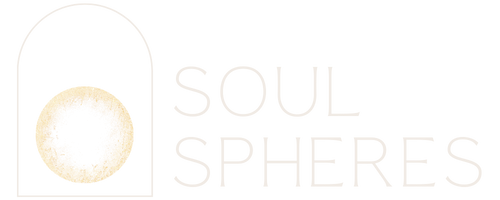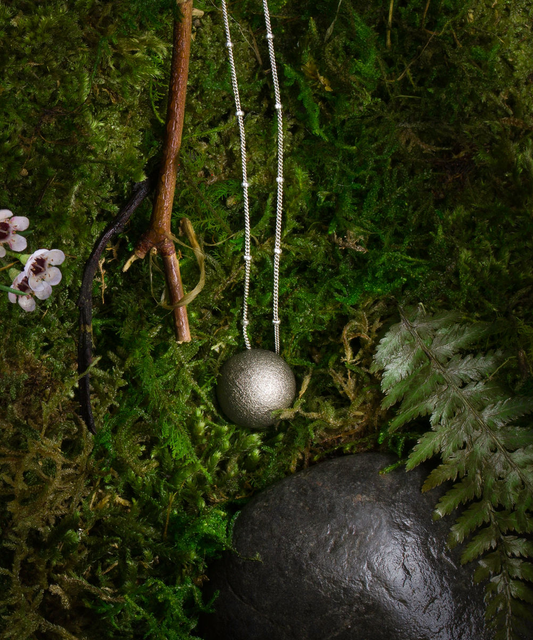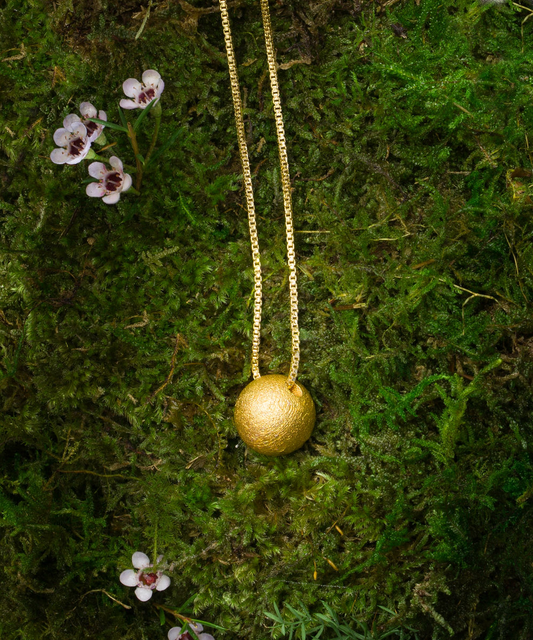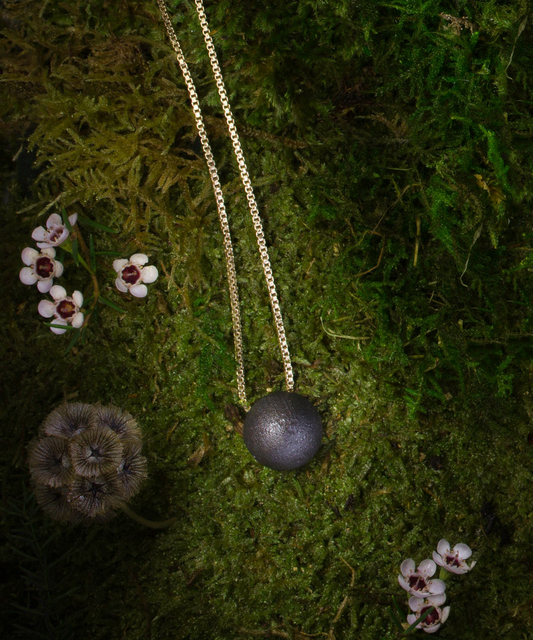We all are insecure about something. Not being pretty enough or smart enough compared to that acquaintance, not as successful as that Facebook friend with a lot of money, we were always the loud one in high school…the list goes on.
Take my insecurity about not being skinny, tall, or pretty "enough". At some point in my past, I (unsurprisingly, given everything we're fed from the media) formed a strong belief, and therefore judgment, that tall, skinny, and beautiful women are the best & most "valuable".
But let's rewind a bit... in this blog post, I want to talk about the mechanics of "not enoughness." How do we form our own feelings and beliefs that lead to judgements about the things that are most valuable about us, or to us, and judgements about our "own faults?" At the end of it all, I'd love to show you some ways of looking at these beliefs to help you come from a more loving place with your Self and your own insecurities, promoting positivity, self-growth, and unconditional love.
Did I lose you? No worries. Let's break it down.
How Do We Form Our Beliefs?
Our beliefs are formed through a complex interplay of various factors such as our upbringing, societal influences, personal experiences, and the messages we receive from the media. These ideals often shape our perceptions and lead us to compare ourselves with others.
And most of the time, judging others and labeling, we do it unknowingly.
You see, judgements and quick, impulsive evaluations based on previous data fitted into our minds are highly successful evolution tactics. Ten thousand years ago, when we were living as hunters and gatherers, it helped us assess the situation quickly and survive as a species.
But, now, the times have changed, and we are exposed to an enormous amount of data. Meaning that this tendency of quick judgement can be detrimental to our mental well-being and outlook on life.
Example: An Arms Width
On a bad day in the 5th grade, I remember sitting in math class and suddenly realizing with horror how much larger my biceps were compared to one of the popular girls in school, which led to a life-long insecurity about having "big arms." (Don't worry, I'm working on it!)
What happened here:
- I associated being rich and popular with a better way of life and focused on being more like her.
- I negatively labeled myself as "not enough" since I didn't match what I believed to be the best version of something.
- As a result, I was less valuable to myself.
And I am certain that the opposite scenario has happened for someone else - a child feeling insecure about having skinnier arms when comparing themselves to the popular person in class.
Judging Others
The fascinating thing about feelings of "not enoughness," is that they can stem, as it did in the case above, from a positive evaluation of something else. This means that judging others, whether they are positive or negative judgements, can have detrimental effects on how you perceive your Self.
For the reverse is also true. When we regard something as not good enough and compare it to ourselves, we put ourselves on a higher pedestal, none of which truly serves us.
Take political affiliations; if we have strong beliefs that the "other side" is crazy, we form a judgment of being on the "right side," the ones who are normal & clear-seeing. Although used to positively self-evaluate, this dynamic can be just as damaging to our well-being.

Putting It Together
We've learned so far that judging others and how we perceive ourselves is hinged on negative and positive beliefs about the world and what we choose to value based on those beliefs. How does any of this serve us? I don't believe it does.
Inherent Value
I'd like to assert that no thing has inherent value, we only inherently value things; and as adults, those values often don't align with the beliefs we collected over time.
I lost you again, right? Let me simplify. Inherently valuing things is not based on beliefs and judgments. Instead, these values are limited. It is based on our instinctual side and roots in connection and survival and understanding this is the first step to determining what you inherently value.
You can inherently value someone's warmth and friendliness because it makes you feel good. Cooperation, the basis of friendship, is an instinctive behavior. Kindness and compassion from a stranger - you don't need your beliefs to decide if these things are valuable or not.
This interplay is dynamic and not cut and dry since even our inherent values will still be shaped by our upbringing and culture. That said, inherent values are the closest thing have to inner truth, and in my opinion, are the things that will bring us the most happiness in the long run.
Where To Go From Here
The amazing thing here is that when we know that no thing beyond our inherent values is inherently valuable, we get to actively challenge the misaligned beliefs and values that we hold and build a world for ourselves through our intentions and deliberate choices.
Next time you're sitting down to journal, look at the common beliefs we have in our culture today and the ones you have as an individual and challenge them. Write down the top three beliefs that stand out to you:
- The belief that success is defined by material wealth and status.
- What judgments about others, and therefore yourself, do you make based on what you value?
- How do you flip this on its head and start looking at what you inherently value (the test is, does it require a belief to make the judgment or is it felt without thought?) and see how you can start defining new beliefs from this perspective?
Kindness, Mindfulness & Empathy
In conclusion, it is important to show yourself some kindness and make a conscious choice to recognize that our values and judgments are often shaped by external influences such as society and upbringing. However, these beliefs may not always align with our true inherent values and aspirations. It take a lot of mindfulness, but by examining our beliefs and challenging them, we can start to understand and embrace our inner truths.
When journaling or reflecting on our beliefs, it is helpful to consider how each belief contributes to what we think we value. Are these values truly aligned with our inherent instincts and desires, or are they influenced by societal norms?
Don't forget to extend a little empathy toward yourself during this process and maybe even read a book or two that will help you mind your own business rather than spend time judging others (whether good or bad!). No one is perfect, and we've all got things to unwind from our upbringing to knit our being into something we feel at home with.





1 comment
Definitely an interesting post!
———
Soul Spheres replied:
Thanks for reading Blair!